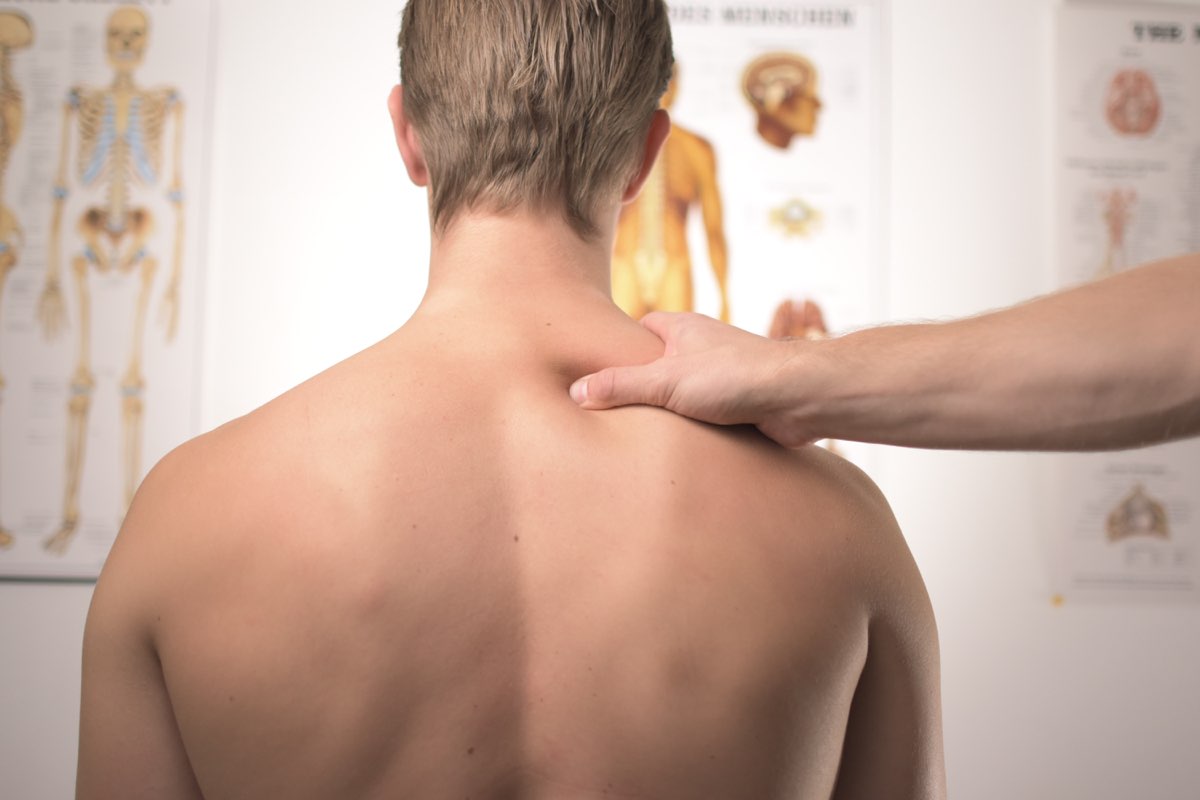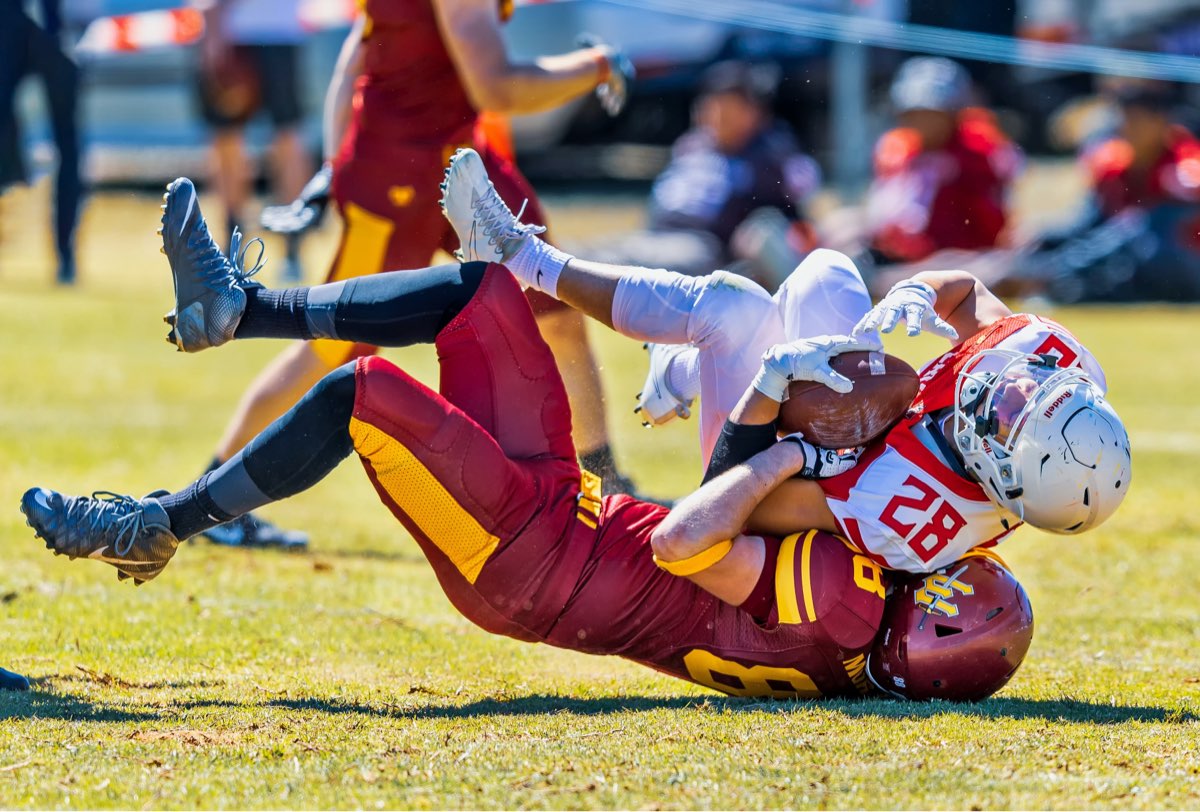Are brachial plexus injuries serious?
The not-so-satisfying short answer: It depends.
Like any other orthopedic injury, the seriousness of a brachial plexus injury depends on its cause, severity and treatment options.

What is the brachial plexus?
The brachial plexus is a network of five intertwined nerves that stretch from the neck, through the upper chest and into the armpit. This bundle of nerves controls movement in the arm and hand and carries sensory signals from the spinal cord to these extremities.
Specifically, the five nerves of the brachial plexus connect with nerves that control the arm and hand, each serving an independent function. As there is a brachial plexus on each side of the body to control the arm and hand on that side, it’s possible to injure just one or both.
Types of Brachial Plexus Injuries
There are two ways to classify brachial plexus injuries; by severity and by how the nerves are damaged.
Minor or Less Severe Injuries
Minor brachial plexus injuries, often called stingers or burners, result from the nerves getting compressed or stretched. Common in football, wrestling, hockey and other contact sports, less severe brachial plexus injuries tend to cause symptoms for only seconds or minutes; though the effects can linger for days or weeks. Symptoms include one or more of the following:
- An electric shock shooting down the arm
- A burning sensation down the arm
- Numbness or weakness in the arm
Severe Brachial Plexus Injuries
Serious brachial plexus injuries typically result from a trauma that severely injures or ruptures one or more nerves or tears the root of one or more nerves from the spinal cord. The symptoms of a severe injury are noticeably more serious than a minor injury. Signs of a serious injury include:
- Severe pain
- Weakness in the muscles of the shoulder, arm and/or hand
- Inability to control muscles or movement in the shoulder, arm and/or hand
- Total loss of movement and feeling in the shoulder, arm and/or hand

Even if your brachial plexus injury seems to be minor, recurrent burners or stingers, hand and arm weakness, neck pain and symptoms in both arms are all a sign to see an orthopedic specialist.
Brachial Plexus Neuropraxia (Stretch)
As mentioned above, brachial plexus neuropraxia is the medical term for burners and stingers. Neuropraxia occurs when the nerves undergo compression or traction. Traction neuropraxia is more common in young adults and adolescents and occurs when the brachial plexus is pulled. The most common form of neuropraxia – particularly in older adults – compression neuropraxia occurs when the root of the nerve is compressed. Both of these injuries are called “burners” and “stingers,” which describe the pain associated with the traction or compression injury.
Brachial Plexus Rupture
More serious than neuropraxia, a rupture is a partial or complete tear of the brachial plexus. Caused by traction (stretch) of the nerve bundle, brachial plexus ruptures cans weakness and severe pain in the hand, arm and/or shoulder and often require surgery.
Avulsion
Nearly all brachial plexus avulsions are caused by significant trauma, such as a car accident. More severe than a trauma, avulsions occur when the root of the nerve is completely severed from the spinal cord. Brachial plexus avulsions can cause permanent damage, including weakness, loss of feeling in the extremity or paralysis.
Less Common Brachial Plexus Injuries
Less common brachial plexus injuries include neuromas – which are scar tissues on the brachial plexus from trauma or surgery – and brachial neuritis. Also called Parsonage-Turner syndrome, brachial neuritis is a rare and progressive disorder that causes severe pain, muscle loss, loss of feeling and loss of control of the shoulder and arm.
If you are experiencing any brachial plexus injury symptoms or have questions for our hand and wrist specialist or shoulder surgeon, please contact us to talk to one of our orthopedic surgeons.
Leave a Reply